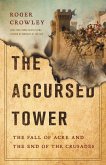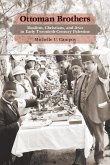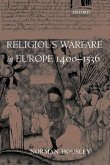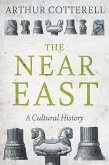When Englishman and Turk fell side by side in the killing fields of the Crimea, it was not the first time that Christian and Muslim blood was shed, and intermingled, in the cause of battling a common foe. It is fashionable today to talk of a 'clash of civilizations', and of an unbridgeable chasm between the Islamic world and Christendom. But in this bold and iconoclastic book Ian Almond demonstrates that in Europe, the heart of the west, Muslims and Christians were often comrades-in-arms, repeatedly forming alliances to wage war against their own faiths and peoples. As we read of savage battles, deadly sieges and many acts of individual heroism, we learn of Arab troops rallying in their thousands to the banner of a Christian emperor outside the walls of Verona. Of Spanish Muslims standing shoulder to shoulder with their Christian Catalan neighbours in opposition to Castilians. Of Greeks and Turks forming a steadfast bulwark against Serbs and Bulgarians, their mutual enemy. And of tens of thousands of Hungarian Protestants assisting the Ottomans in their implacable and terrifying march on Christian Vienna. As the author shows, any notion that 'Christian Europe' has long been opposed by a 'Muslim non-Europe' grossly misrepresents the facts of a rich, complex and - above all - shared history. The motivations for these interfaith alliances were dictated by shifting diplomacies, pragmatic self-interest and realpolitik, not by jihad or religious war. This insight has profound ramifications for our understandings of global politics and current affairs, as well as of religious history and the future shape of Europe.
Hinweis: Dieser Artikel kann nur an eine deutsche Lieferadresse ausgeliefert werden.
Hinweis: Dieser Artikel kann nur an eine deutsche Lieferadresse ausgeliefert werden.








